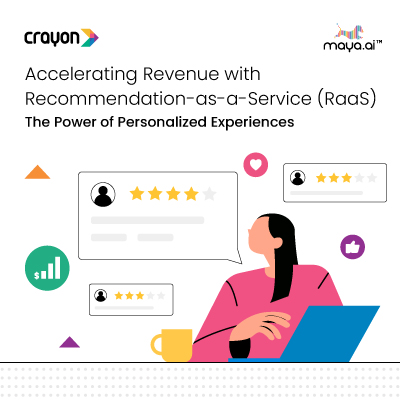The rapid development of modern technologies is commonplace in virtually all areas of our lives, and the enterprise sector is no different. As a result, we are currently witnessing the emergence of new and ground-breaking opportunities for companies and organizations worldwide.
Some of them include purpose-built practical and highly functional solutions, which help them streamline their everyday work and let them get closer to attaining and maintaining a competitive edge. These innovations include low-code platforms, which are fully featured and standardized enterprise IT tools offering document management, business process management, business process automation and even more.
The theory and practice of a low-code platform
Low-code platforms, referred to as low-to-no-code or low-to-zero-code solutions, are a subset of innovative, future-oriented and feature-rich enterprise software solutions. One of their key advantages over the existing out-of-the-box products is that they allow users who have no knowledge of any programming languages and have never had anything to do with coding to develop fully-fledged enterprise applications.
All of this is possible thanks to an easy-to-use and user-friendly graphical user interface, as well as a bevy of additional tools. With them, users can implement and configure even the most complex and advanced business processes and scenarios – all thanks to the popular drag&drop method. This would not be possible without support for global standards, extensive integration with third-party systems, accessibility across the board, as well as simple scalability and expandability – the pillars that serve as their foundation.
If you are looking for a solution supporting all kinds of digital task and documentation workflows in an organization while offering business process automation, a low-code platform is the way to go. This is because, in addition to handling your core processes, it can also support back-office processes in your organization, making it more efficient and better from within.
Low-code platforms were developed with innovative companies in mind – companies that want to quickly and efficiently implement process automation, as well as build tailor-made business applications based on their exact needs. It allows them to keep their applications up to date and modify them in line with the changing requirements. Moreover, they also lower their dependence on external and internal software development teams.
Change management in companies using low-code platforms
As the popularity of the concept of low-code platforms suddenly exploded, the enterprise market was quickly filled to the brim with various solutions systems that offered extensive feature sets and low-code capabilities.
However, one has to note that not all low-code platforms are made equal, and not every single one of them enables users to implement changes and modifications at all times efficiently. It also doesn’t matter which stage of the lifecycle the application is at and whether it was already deployed and used across workflow instances. Such a feature can be a life-saver in today’s rapidly changing business world.
You might be on the lookout for the best low-code platform that will be able to support the dynamic growth of your organization and effectively support its daily operations. You might decide that it is worth your while to choose a solution that will enable your company to make all the changes and modifications it needs in real-time.
As a result, the product you choose will be used not only for building bespoke applications to support current requirements and business needs but also for developing them safely and predictably. It won’t endanger any other deployed applications and implemented processes and ensures that they always stay up-to-date and support the company’s operations.
Benefits of using a low-code platform
- Faster time to develop a mobile app or custom-built app and introduce to market.
- It offers visual app development tools, plugins as well. So, the company can design and build apps at their convenience. That, in turn, saves a lot of time and improves productivity.
- Improved agility.
- Cost-effective process.
- Easy and seamless access to apps.
- Effective risk management and better governance when it comes to meet deadlines or project goals.
- Easy updating apps without the need for any complex coding.
- Enhance employee as well as customers’ experience.
How to select the best low-code development platform?
The demand for low-code or no-code platforms has been increased in the past few years. It helps small businesses to large enterprises build apps even without having coding experience.
However, few things need to keep in mind when choosing the best low-code platform for the applications:
- Determine the role of low-code in the company.
- Identify what kind of app you require.
- Ask for the fees.
- Prioritize internal and external security.
- Check how vendors handle customer support.
Build enterprise-ready apps without any hassle
Implementing low-code is not only about streamlining development but also developing solutions to take the business upward. It gives you the fastest way to instantly create and deploy enterprise-ready apps while upgrading task management, process management, data analysis, employee enhancement, etc.
In short, it helps integrate technologies, people, and systems into a single dynamic workflow to shape your digital workplace and expand the business.



















